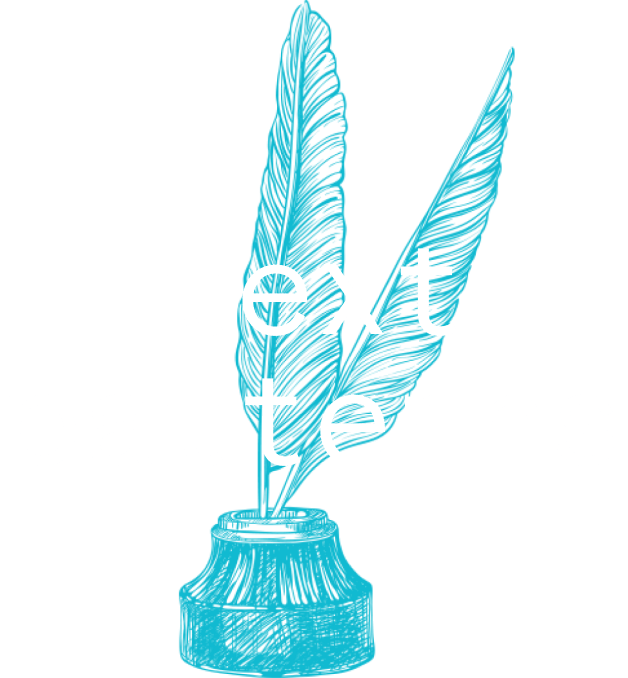March 20, 2009
literacy and suicide
Via our faithful reader Tony Comstock I see this post commenting on this post reflecting on the Central European suicide rates and their relation to literacy. Dr Andrej Maruai, a Slovene psychiatrist involved in organizing the conference, presented a paper called "Suicide in Europe: Genetics, Literacy and Poverty" which...

